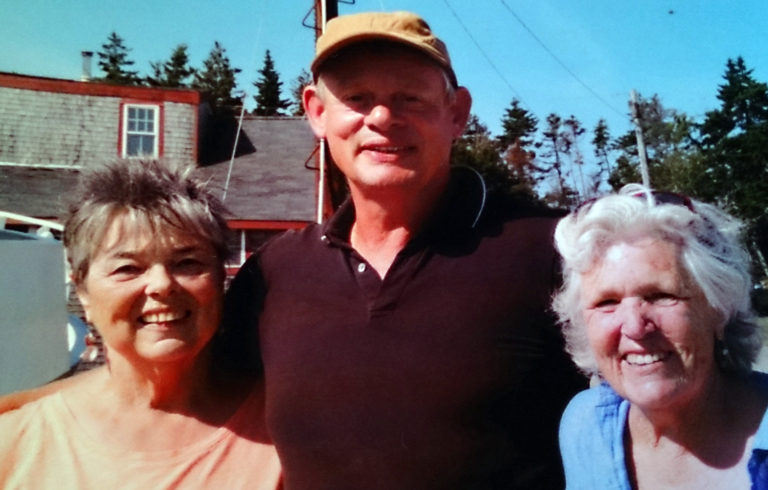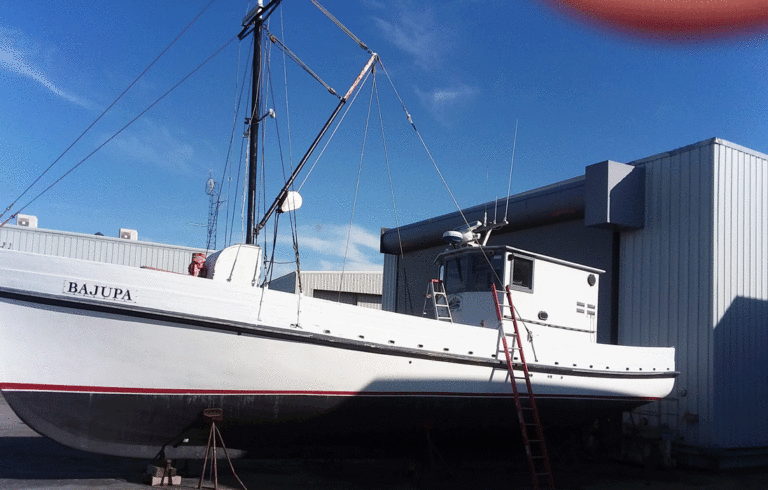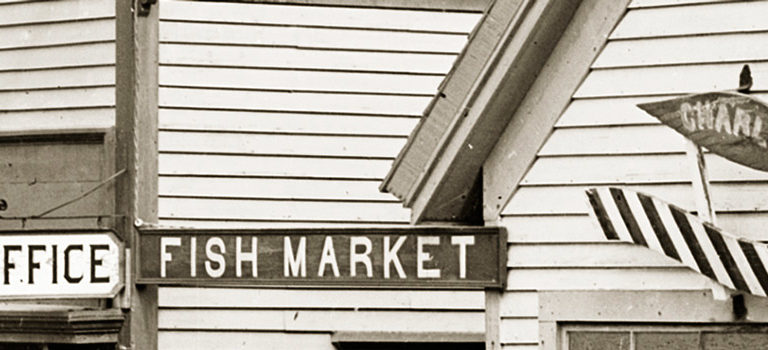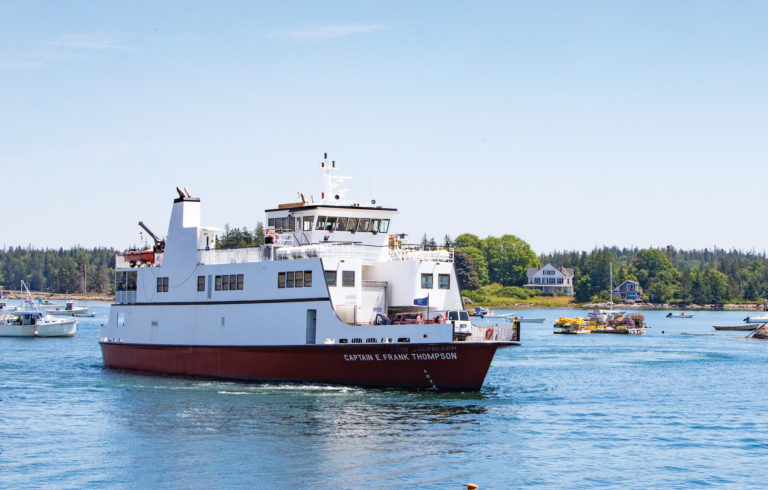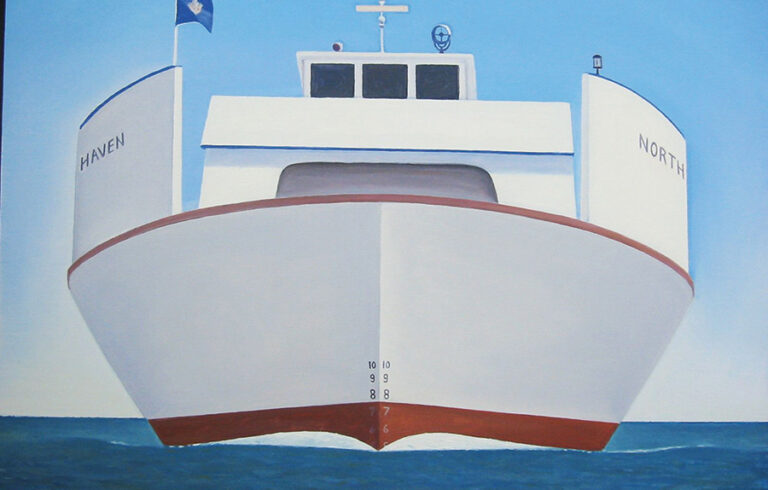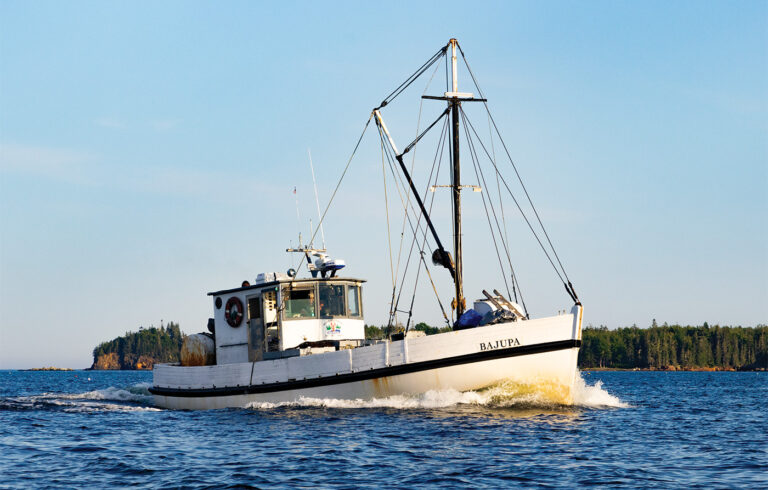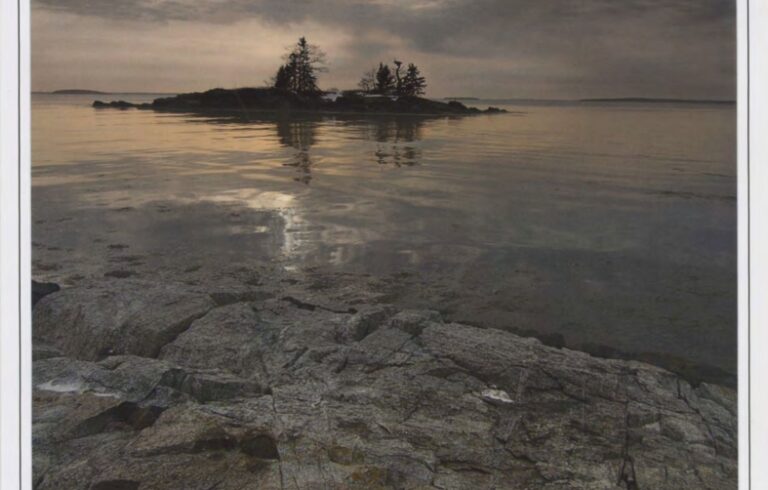Solution Example
Matinicus Volunteer Community Recycling Program
Matinicus Island had a junk car problem as well as a trash problem: old cars were rusting where owners left them in the woods and on the roadsides. Trash washed up on beaches, and the two biggest recent island structure fires were caused by out-of-control trash fires. In 2002, Eva Murray decided Matinicus needed a… Read more » SEE MORE


